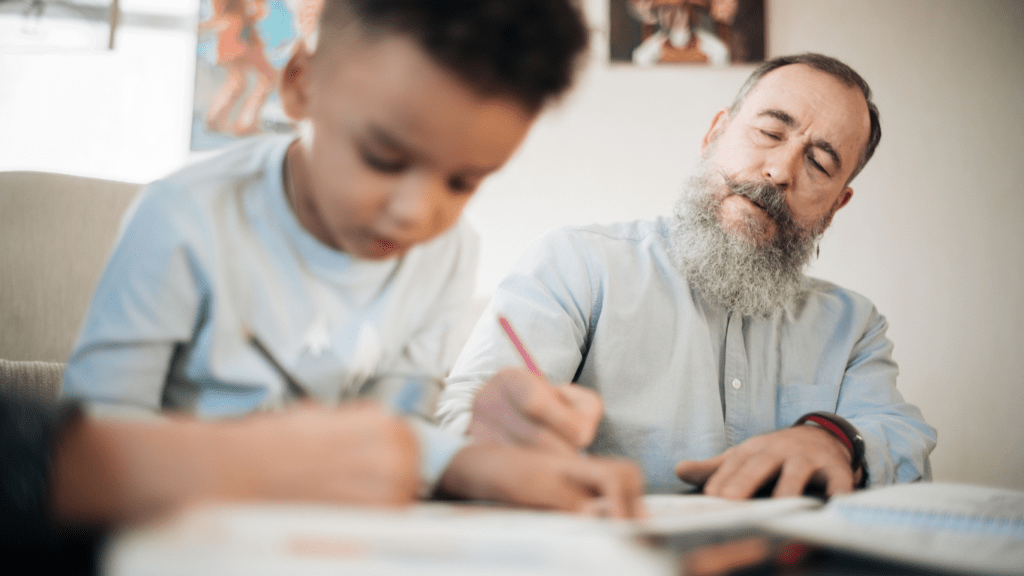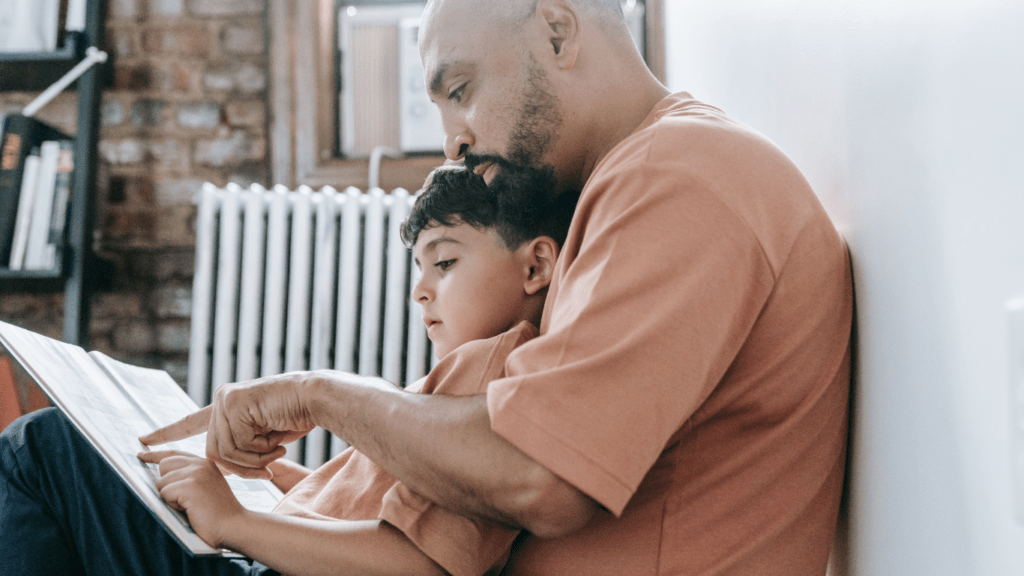As a father, connecting with our children on a deeper level is a priceless gift we can give them. One powerful way to foster this connection is through the art of active listening. By truly tuning in to our children’s words, we not only hear what they’re saying but also understand their emotions, thoughts, and needs. This practice goes beyond just hearing; it’s about being fully present in the moment with them.
In this article, I’ll delve into how dads can master the art of active listening to strengthen the bond with their children. From setting aside distractions to showing empathy and validating their feelings, these simple yet profound techniques can make a world of difference in how we communicate with our kids. Join me as we explore the transformative power of active listening in enhancing the parent-child relationship.
Understanding Active Listening in Parenting
Parenting is all about being present for your children, and active listening plays a crucial role in fostering meaningful connections. It’s not just about hearing words; it’s about understanding the emotions, thoughts, and needs behind those words. As a dad, when I actively listen to my children, I engage with them on a deeper level, showing them that I value what they have to say.
To truly master active listening in parenting, I focus on eliminating distractions. It’s essential to set aside technology, work, or any other distractions that may hinder genuine communication. By giving my children my full attention, I create a safe space for them to express themselves openly.
Another key aspect of active listening is showing empathy. When I put myself in my children’s shoes and try to understand their perspective without judgment, I build trust and strengthen our bond. Empathy allows me to connect with their feelings and experiences, making them feel heard and supported.
Validation is also a powerful tool in active listening. By acknowledging and validating my children’s feelings, I show them that their emotions are important and worthy of recognition. Validating their experiences helps them develop a sense of self-worth and boosts their confidence in sharing their thoughts with me.
Active listening transforms the parent-child relationship by creating a deep sense of understanding and connection. By honing this skill, dads can forge stronger bonds with their children, fostering a supportive and nurturing environment for growth and development.
Benefits of Active Listening for Dads
Active listening offers numerous benefits for dads looking to strengthen their bond with their children and foster a nurturing environment. By engaging in active listening, dads can:
Building Trust and Strengthening Relationships
I prioritize building trust and strengthening relationships through active listening. When I actively listen to my children, they feel valued and understood, leading to a stronger connection and trust between us. This trust forms the foundation for open communication and a supportive relationship.
Enhancing Communication Skills
Active listening enhances my communication skills with my children. By focusing on what they say without distractions, I show them respect and attentiveness. This practice not only improves our interactions but also teaches them the importance of effective communication in all relationships.
Practical Tips for Dads to Implement Active Listening
Incorporate these actionable strategies into your daily interactions to enhance your active listening skills and strengthen your bond with your children.
- Be Fully Present:
Focus on the conversation without any distractions. Put down your phone, turn off the TV, and make eye contact with your child to show that you’re fully engaged. - Listen Without Judgement:
Create a safe space for your child to express themselves by avoiding criticism or jumping to conclusions. Hear them out without interrupting or invalidating their feelings. - Reflect and Clarify:
Summarize what your child has said to ensure you’ve understood correctly. Ask clarifying questions to delve deeper into their thoughts and emotions. - Show Empathy:
Demonstrate understanding and compassion towards your child’s experiences. Acknowledge their feelings and show that you care about their perspective. - Validate Their Emotions:
Confirm that it’s okay for your child to feel the way they do. Let them know that their emotions are valid and acceptable, fostering a sense of emotional security.
Implementing these practical tips will not only enhance your active listening skills but also create a strong foundation for meaningful connections and deeper relationships with your children.
Challenges Faced by Dads in Active Listening
Understanding the challenges that dads may encounter when practicing active listening is essential in improving communication with their children.
- Distractions – Finding moments of uninterrupted time can be difficult, especially in today’s fast-paced world filled with various distractions like technology, work commitments, and household tasks.
- Patience – Active listening requires patience to truly comprehend and respond to what your child is expressing. It can be challenging for dads to remain patient, especially when pressed for time or dealing with multiple responsibilities.
- Prioritization – Balancing active listening with other daily demands can pose a challenge. Dads may struggle to prioritize dedicated time for active listening amid work, household chores, and personal tasks.
- Emotional Barriers – Overcoming personal emotional barriers, such as stress, frustration, or preoccupation, is crucial for dads to engage effectively in active listening without letting their emotions interfere with the communication process.
- Misinterpretation – Misinterpreting or misunderstanding their children’s feelings or words can be a common challenge for dads. Ensuring clarity in communication and actively seeking to understand their children’s perspectives can help overcome this obstacle.
Recognizing and addressing these challenges can empower dads to enhance their active listening skills and build stronger connections with their children.






